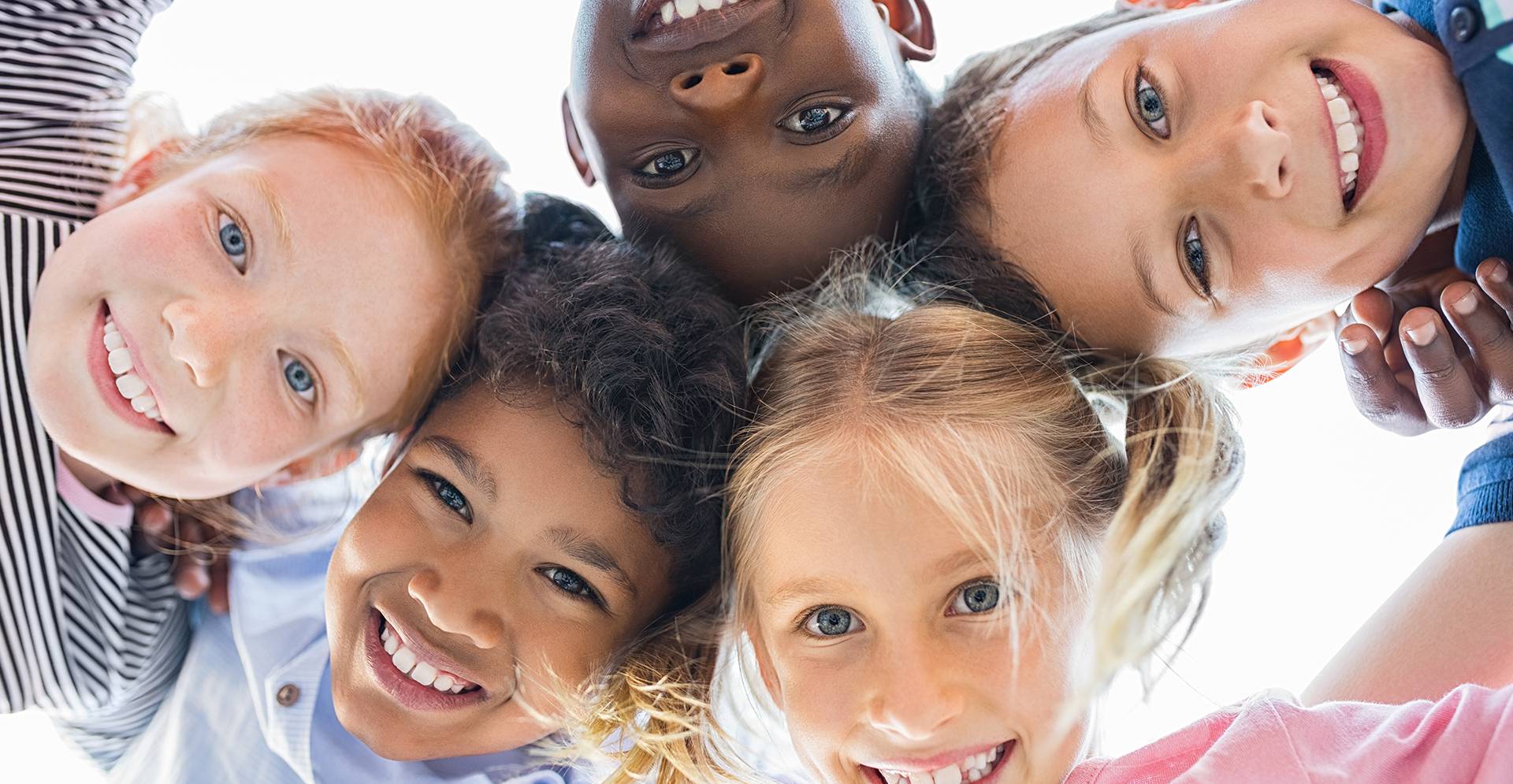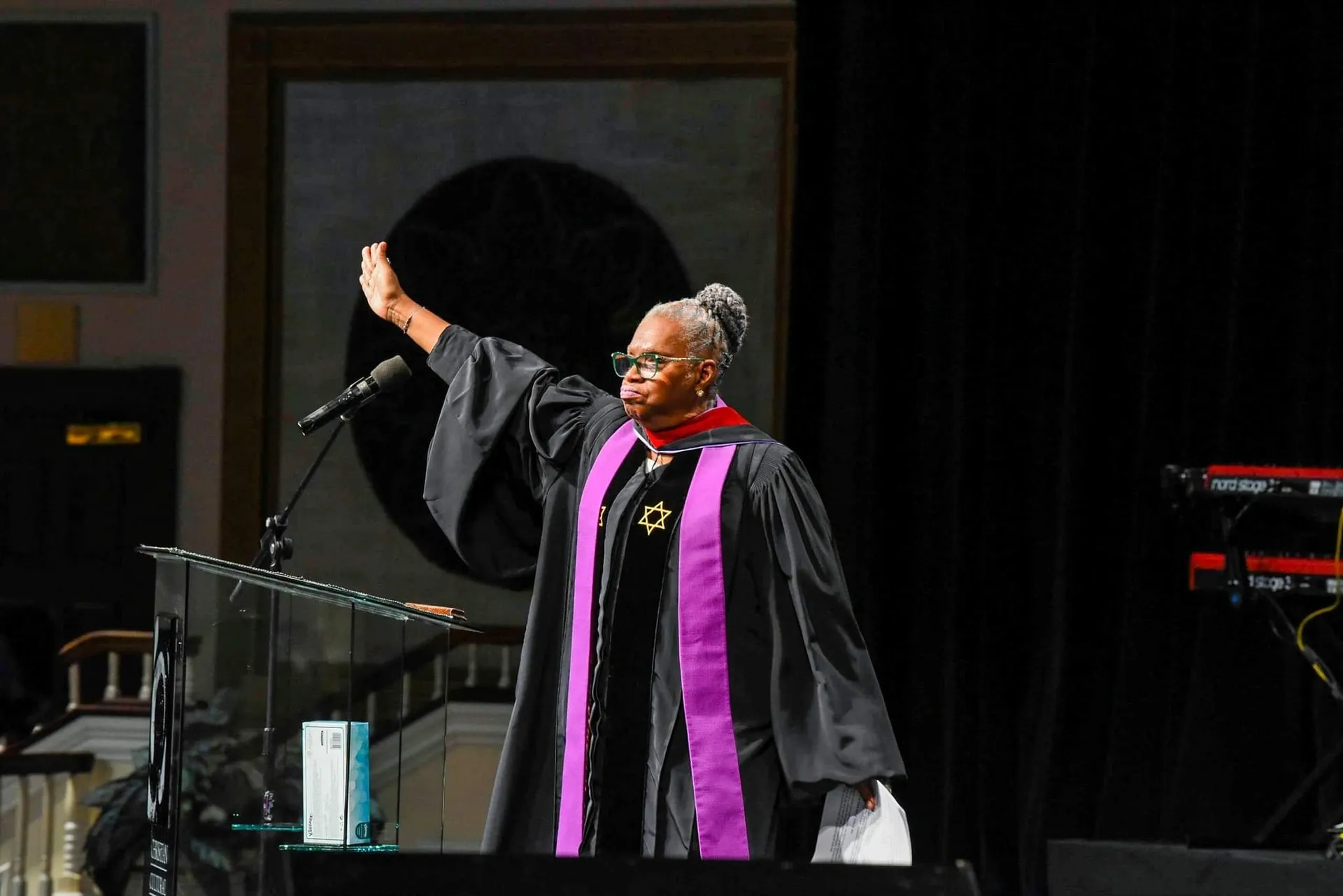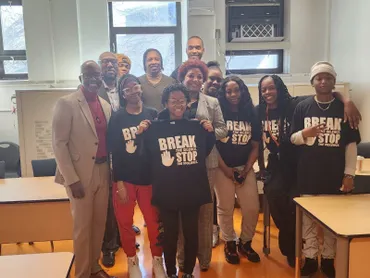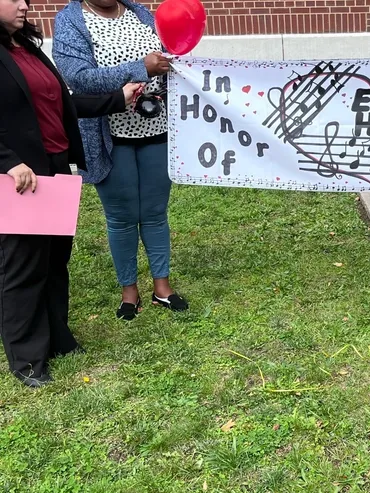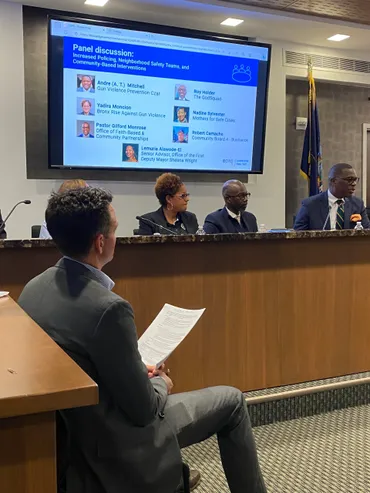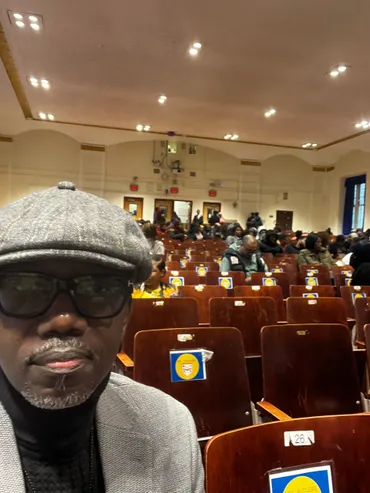Throughout history, music has played an essential role in human civilization, reaching listeners regardless of their location or language. Music enormously impacts kids’ mental, emotional, and social growth beyond its obvious entertainment value. A growing body of evidence in recent years has shown the importance of music education in developing well-rounded people by highlighting its many advantages. Here we look at major ways that kids benefit from music class:
Improving Cognitive Abilities
Teaching kids music is a great way to help them become smarter. The regions of the brain responsible for memory, logic, and solving problems are all activated when one learns to read music, play an instrument, or comprehend musical ideas. Children who regularly practice music have an advantage in other academic areas, including language arts and maths, because of enhanced executive functioning and spatial-temporal abilities.
Expressing Emotions
Music offers youngsters a special way to show how they feel. They develop self-awareness and emotional control via musical experiences, whether playing an instrument, singing, or listening. Through music, kids are able to articulate complicated emotions that would be hard to put into words, which helps them develop resilience and emotional intelligence. It may help with emotional processing, stress reduction, and general wellness.
Development of Skills
Children develop vital social skills via participating in group classes or musical groups. Students learn to work together, communicate well, and cooperate with their classmates throughout performance and practice. Kids develop solid friendships and social skills as they learn to listen carefully, find common ground, and support one another’s efforts.
Fourth, self-control and patience: learning an instrument well calls for consistent practice, focus, and persistence. Discipline and time management abilities are developed in youngsters via regular effort and goal-setting. Perseverance in the face of adversity and the attainment of lofty objectives is instilled in them, and this lesson has far-reaching implications for their future success in school and life.
Creativity
Music education fosters a sense of creativity and imagination in youngsters. They learn to express themselves creatively and uniquely via musical activities such as improvisation, developing their own songs, or performing musical interpretations. As kids grow into musicians and experiment with many styles and genres, they gain confidence in themselves and their abilities.
Cultural Awareness
Kids learn about other cultures and points of view by listening to music from a variety of genres and traditions. Children acquire an appreciation for cultural variety and a knowledge of the world around them via listening to music from other countries. In a multicultural culture, a feeling of belonging may be fostered via music education’s promotion of empathy and inclusion.
Development of Motor Abilities
Children’s coordination and fine motor abilities are improved by playing musical instruments. It takes deft talent to create music with any of these instruments: piano, guitar, or drumsticks. Motor development benefits from these kinds of physical activities since they increase hand-eye coordination and fortify brain connections.
Boosting Confidence
Learning music helps kids feel better about themselves. A feeling of accomplishment and pride is instilled as one progresses from learning simple tunes to mastering difficult compositions. Gaining experience performing in front of a live audience, whether at a school performance or a community event, is a great way to practice public speaking and increase your confidence. Children develop resilience and learn to see setbacks as learning experiences by receiving and acting upon constructive criticism.

